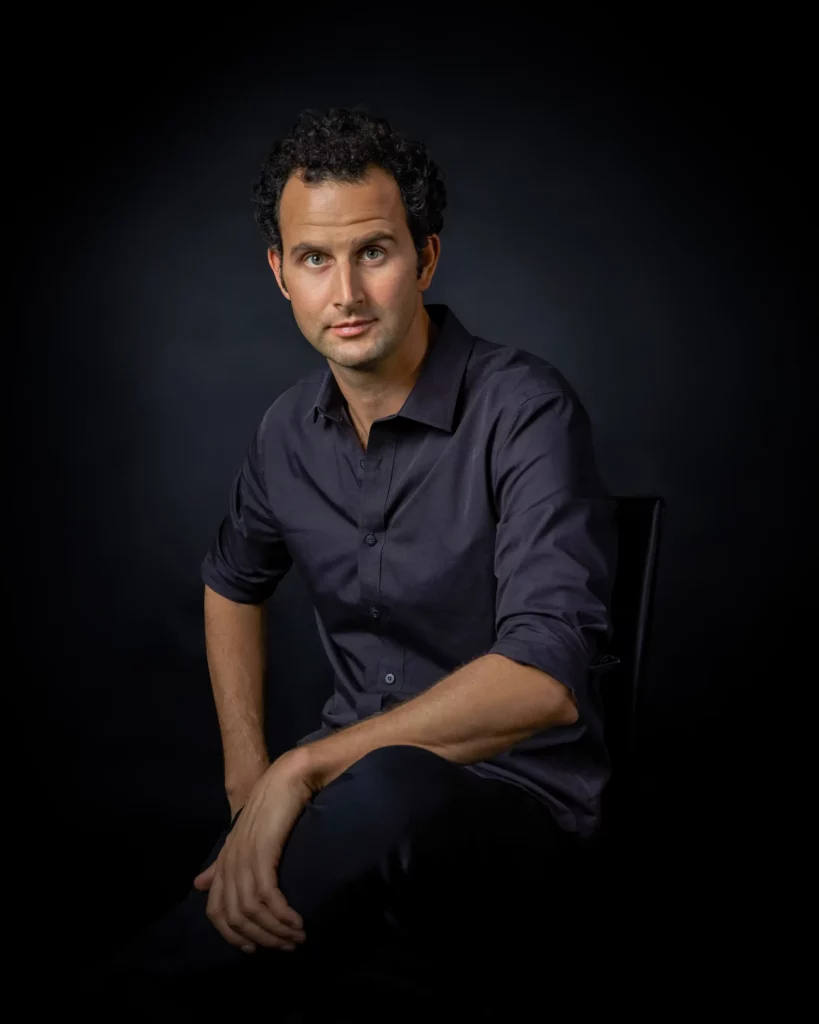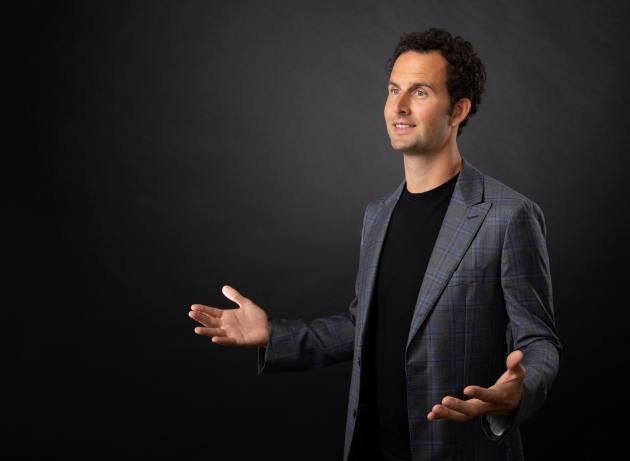Don’t Let a Lawsuit
Take Away Everything
Stop worrying about your hard earned wealth being under threat. I’m Asset Protection Attorney Blake Harris, and I want to help you secure your assets.

How can I help you?
As an asset protection attorney, I can help safeguard the fruits of your life’s labor. Drawing on my knowledge, years of experience, and vast network of domestic and offshore partners, I’ll develop a comprehensive strategy to preserve your money, business, real estate, cryptocurrency, and other property.
Asset Protection Doesn’t Have to Be a Complicated Process
I utilize a proven four-step asset protection process. We’ll begin with a consultation. I’ll then assist you in creating and funding your trust per your specifications, and will monitor it throughout our relationship.Consultation
Trust Creation
Funding
Monitoring
Meet Blake Harris: Asset Protection Attorney and Multifaceted Authority
Attorney Blake Harris is a frequent teacher of continuing education on the subject of offshore asset protection and is globally recognized as a leading authority in the field of international asset protection. He has frequently been quoted in ABC, NBC, CBS, Fox News, MarketWatch, and Forbes based on his asset protection insights. Blake is an AV®️ Preeminent™️ rated Attorney, which is Martindale-Hubbell’s highest possible rating for ethical standards and legal ability, and the author of the book “Asset Protection Don’t Let a Lawsuit Take Away Everything: Strategies for Guarding Your Wealth Against Legal Threats.” Having traveled to over 40 countries, Blake has built an extensive global network of trust companies, protectors, and bankers. Beyond these accolades, Blake boasts a significant social media presence with hundreds of thousands of followers, further solidifying his influence in the field. LEARN MOREYour Success
Shouldn’t be a Burden
Entrepreneurs, property owners, and professionals like lawyers, CPAs, social media influencers, physicians, and financial advisors face a higher degree of legal risk than the average person. An asset protection plan can turn success into a reason to celebrate, not another cause for concern.
Unfortunately, the new owner wasn’t as capable. As the business started to flounder, the buyer sought to undo the transaction and filed a suit for $12 million, claiming Thomas failed to disclose material information.
The suit could have left Thomas in debt, but as he had a proper asset protection plan in place, he leveraged it to negotiate a $175,000 settlement — just 1-2% of the amount initially sought.
As it turned out, no patient ever sued or threatened Dr. Kevin. However, his wife filed for divorce three years later. An unexpected benefit of the Cook Islands Trust was it preserved a large chunk of Dr. Kevin’s assets from the divorce proceedings.
Some time later, the couple’s children caused a car accident and ended up on the wrong end of a lawsuit. Mr. and Mrs. Smith didn’t have enough insurance coverage to cover the damage. When the plaintiff learned they would need to pursue the case overseas for the excess damages, the plaintiff quickly agreed to settle for the policy limits instead.
Find Peace of Mind with Asset Protection
With the fear of losing your wealth to litigation removed, you’ll live a happier and more productive life.








Featured Articles
Stay up to date on the latest asset protection news.

The Cook Islands Trusts: The Ultimate Asset Protection Strategy
In an age where legal risks and financial uncertainties abound, asset protection has become paramount for individuals and businesses alike.

How To Protect Your Money During Divorce: An Essential Guide
A divorce can last months or years, depending on how cooperative both parties are. No matter the length of time,

The Downsides of Domestic Asset Protection Trusts
The purpose of an asset protection trust is to shield the settlor’s wealth from future creditors, lawsuits, or judgments. Asset
Let’s Have a Talk
Have questions? Fill out the form below for a free consultation with an experienced asset protection attorney.

"*" indicates required fields




